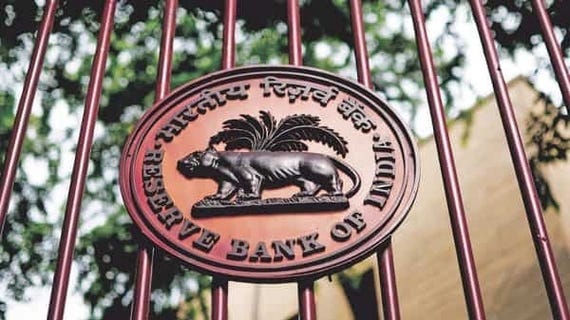
RBI’s Move
On 6th August, the RBI declared that it will allow a one-time restructuring of loans in the wake of the financial struggles due to the Covid-19 outbreak. In this newsletter, we discuss the potential issues with restructuring of loans and why, in today’s scenario, it seems like a welcome move still.
The problem with restructuring
Restructuring of loans, in layman terms, is making the terms and conditions for repayment of loans favorable for firms that otherwise wouldn’t be able to pay back. This gives bankers an opportunity to even evergreen loans and clean up their books in the short term.
It may lead to more NPAs
However, such freebies reduce incentives for the firms’ fight out of a crisis and actually fix up their business. Eventually, these restructured loans spiral into NPAs again, which may lead to snowballing effects that drown the economy, as described ahead.
India’s struggle with NPAs
After the RBI’s Asset Quality Review in 2015 and the strengthening of the IBC (Insolvency and Bankruptcy Code of India) in 2016, India Inc saw a steep rise in the number of NPAs. As a result, creditors became more cautious, and loan disbursements took a hit. It became increasingly difficult for MSMEs to raise capital and invest in new projects.
Reduction of new investments led to slower income growth and so India’s consumer spending also started shrinking. This created a feedback loop of further lower corporate incomes and investments. This, among other factors, led to India’s lowest GDP growth in 10 years. The biggest threatwith the proposed restructuring is that it may worsen this situation.
Restructuring is still welcome because:
Firms don’t factor in pandemics while making investment plans and raising debt
Prior to the RBI announcement, NPAs at the end of FY21 were expected to rise to 12.5% — 15% (well above the averages of last few years). This will create a huge stress on the banks, and hence short-term relief is necessary to prevent this.
About 40% of all loans extended in India were under a six-month moratorium. If firms are not being able to clear monthly interest dues, how do we expect them to pay back this six-month backlog.
An RBI study says about Rs. 3 lakh crore worth of loans will slip into NPAs this year if restructuring isn’t carried out
Restructuring is an evil and has led to grave economic issues in the past. But it is a necessary evil that we have to turn to. While long term consequences could be dire, we need to do something today to save our economy and the banking system, because in the long run, as Keynes said, we are all dead.



